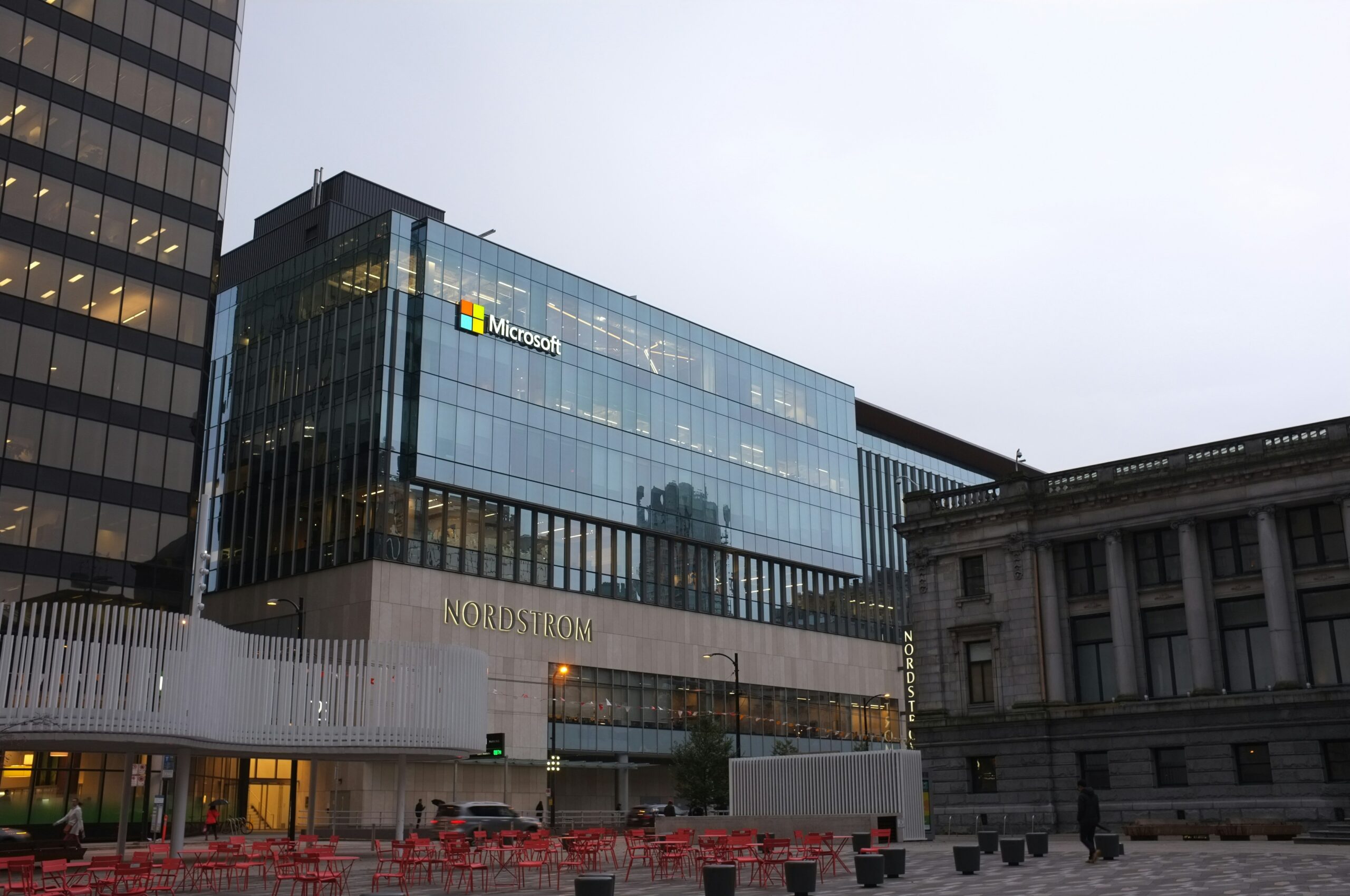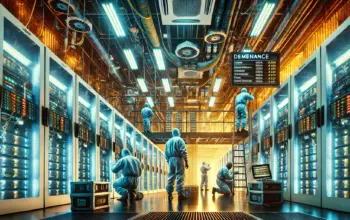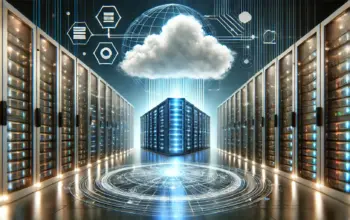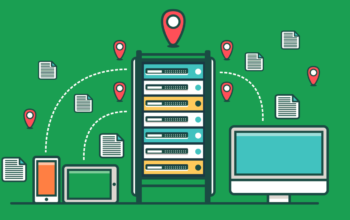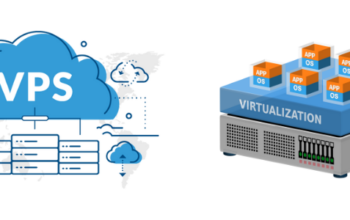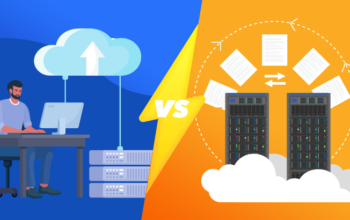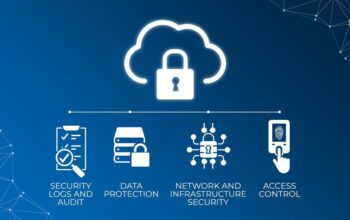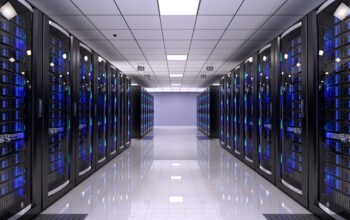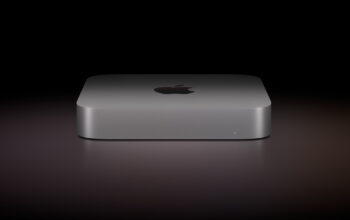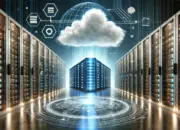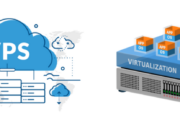Uzone.id – Microsoft is revolutionizing data center sustainability by investigating nuclear energy as a power supply. The company recognizes that data centers consume massive amounts of energy and to counter this, they are considering small modular reactors (SMRs) which will reduce their carbon footprint while also ensuring a stable power supply.
Compared to normal nuclear reactors, SMRs are flexible and safer thereby presenting an opportunity for meeting growing energy requirements in cloud computing and AI workloads.
This move is part of Microsoft’s commitment to achieving its ambitious environmental goals such as becoming carbon-negative by 2030. Nuclear power has always been known for being clean with low emissions coupled with high energy density; it can operate continuously unlike intermittent renewable sources like wind or solar which is why they want to incorporate it into their system.
Tech companies have been under immense pressure lately due to increasing demands from customers around green living so they should adopt more sustainable practices within their operations too if possible while still keeping them highly efficient at all times since this will help save our planet earth greatly for future generations including those yet unborn today!
Furthermore, integrating SMRs with data center operations may open up opportunities for wider use of atomic energy in the tech industry. Unlike conventional reactors, these are smaller and cheaper thus making it possible to have them closer to where power is needed most thereby reducing transmission losses hence improving efficiency levels altogether.

Sustainability at Microsoft goes beyond just consuming less electricity; they are also looking into water conservation measures where the aim is replenishing more than what was consumed by 2030. This means that not only does adopting nuclear energy address concerns related to environmental conservation but also helps solve water usage problems, especially given that this type of power plant requires very little cooling compared to traditional fossil fuel plants.
However, even though there are many benefits associated with using atomic generators, there still exist some challenges along the way. For one thing, people have mixed feelings about nuclear power because some fear accidents and others worry about how radioactive waste is managed.
Therefore it will be important for Microsoft to address these issues openly to win over public opinion as well as regulatory bodies’ approval. It is worth noting that safety features on SMRs are quite advanced which makes them safer than other types and hence less likely to cause any accidents.
Nuclear energy is highly regulated depending on where you are located. Before implementing this strategy, Microsoft must ensure they work closely with relevant authorities so as not to breach any laws or regulations governing such activities within those regions. Working hand in glove with governments and energy suppliers would be vital during the implementation phase if success is achieved at all levels according to experts familiar with these matters.
Lucas Joppa who serves as Chief Environmental Officer at Microsoft stressed the need for innovative ways of attaining sustainability goals through the use of different sources of power generation systems including atomic ones.
“To meet our ambitious targets, we need to look at every viable option, including nuclear. The use of small modular reactors can provide a stable, low-carbon power source that complements our renewable energy initiatives,” he said.
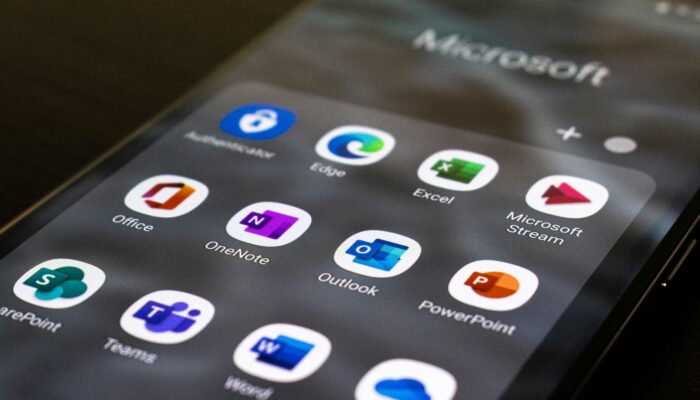
In line with their approach towards fighting global warming using cutting edge technologies; for instance, AI tools for conservation monitoring purposes & Blockchain carbon tracking methods among many others which form part wider effort put by Microsoft towards combating climate change while still driving significant progress globally so far aided mainly through its vast technological capabilities
Other firms in the sector may follow suit as the world’s biggest software company goes nuclear. The steps taken by Microsoft, one of the largest cloud service providers, tend to be imitated by others. Should it be successful, the employment of SMRs might turn into a common practice within technology; this would cut down on its carbon footprint greatly.
In conclusion, Microsoft’s effort in supplying its data centers with atomic power is an audacious move towards sustainability. The organization seeks to use small modular reactors for energy generation that will cater to its needs while minimizing environmental degradation caused by these activities.
Not only does this act support carbon-negative ambitions set forth by MS but also creates a precedent across the IT industry at a large scale level. Because of global warming challenges being faced worldwide today, such innovative approaches are indispensable in working towards a sustainable future.

